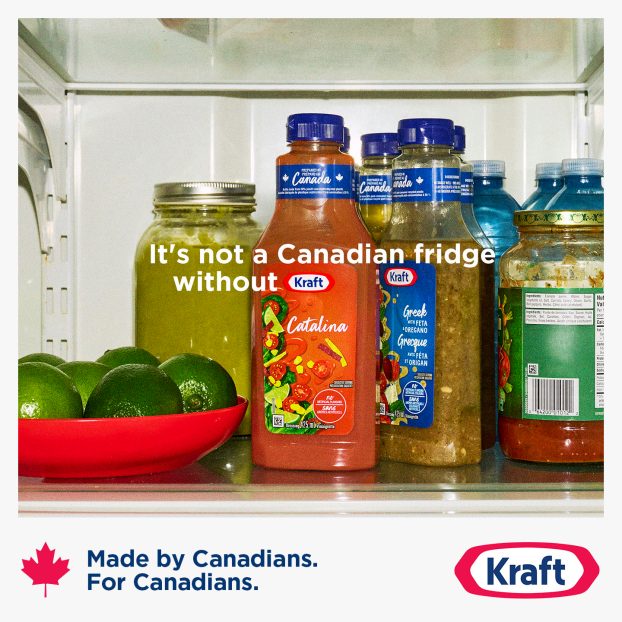The decision for car manufacturer Nissan Canada is not whether to use tv to reach its target market, but how much and what to buy, says Ian Forsyth, the company’s director of marketing.
‘Our research indicates that the people who buy cars watch television,’ Forsyth says. ‘There are `light’ tv viewers, but that’s a relative term.’
‘We buy a fairly broad selection [of programs] because the car-buying public is a fairly broad group of people, all the way from somebody who buys a Sentra Classic, up to somebody buying a 300ZX,’ he says.
‘Because we are taking a brand approach, we are fairly broadly based.’
But that does not mean Nissan is spending its television media budget indiscriminately, Forsyth says.
‘Buy smarter’
‘To use the old phrase, we are trying to buy smarter,’ he says.
‘We look around to see the kinds of programs [our customers] watch, and what would be of interest to them. We use that as the criteria. We’re not necessarily buying the highest-rated programs.’
Nissan’s target audience is adults over 25, with a slight skew towards males.
Forsyth says that while the company is aiming for a slightly upscale consumer, its decision to advertise in particular programs or types of programs is largely subjective.’There’s quite a bit of science in terms of studying the numbers from ratings books, and there’s quite a bit of subjectivity in terms of the `feel’ of the various networks and various programs,’ he says.
‘The one issue with television is the depth of detail that you have on the audience itself. It’s relatively limited, compared to what PMB [Print Measurement Bureau] gives you on print.’
‘If we were to target specifically the kind of buyer we have, the audience research is just not broken down finely enough. But then, you could criticize the research that’s provided by any media.
‘Our request as a purchaser of advertising would be that everyone improve the research they do. But we have to work with what’s available,’ Forsyth says.
‘That’s where the subjectivity comes into it,’ he says.
‘In a certain sense, [the decision to buy] is based on gut feel, as to what programs will make the most sense.
‘If we know the typical import buyer is a better-educated, higher-income person, you’re guessing what programs would appeal to that kind of buyer. It’s not just a matter of what do I personally like, but given the precise target market that we have, what programming will fit best, and that’s where the agency has to help you.’
‘Part of their responsibility is to provide that extra insight that enables you to make some judgments and some tough decisions [about spending] because a lot of things will come out relatively equal.’
Forsyth says despite the lack of qualitative audience data, tv still holds considerable appeal for the car-maker.
‘Our product moves, and that’s impossible to show on any other medium,’ he says.
‘We still have a big commitment to print, and we use that to convey a lot more detailed information that television doesn’t allow you do, given the restrictions of a basic 30-second message and the expense of producing a variety of messages.
‘So we use television as a way of establishing a position for our brand, and a basic position for individual models, and then follow up with details in print.’ BYS























